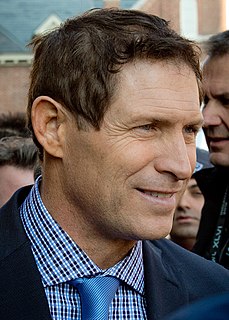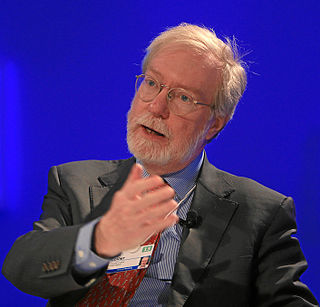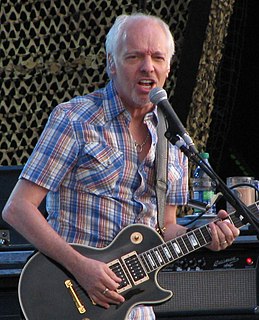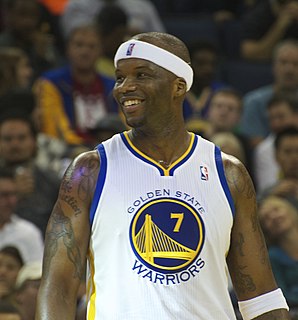A Quote by Martin Wolf
The four most dangerous words in finance are 'this time is different.' Thanks to this masterpiece by Carmen Reinhart at the University of Maryland and Kenneth Rogoff of Harvard, no one can doubt this again. . . . The authors have put an immense amount of work into collecting the data financial institutions needed if they were to have any chance of making quantitative risk management work.
Related Quotes
Given the central role of effective, firmwide risk management in maintaining strong financial institutions, it is clear that supervisors must redouble their efforts to help organizations improve their risk-management practices...We are also considering the need for additional or revised supervisory guidance regarding various aspects of risk management, including further emphasis on the need for an enterprise-wide perspective when assessing risk.
You need an immense amount of luck and an immense amount of perseverance to even be on the playing field for success on a grand scale. You work as hard as you can for ten years so you finally have a chance to be lucky - It's really rare that somebody gets lucky. It's usually a combination of a lot of talent, a lot of hard work. People that get lucky also tend to be really great looking.
Most of the time, your risk management works. With a systemic event such as the recent shocks following the collapse of Lehman Brothers, obviously the risk-management system of any one bank appears, after the fact, to be incomplete. We ended up where banks couldn't liquidate their risk, and the system tended to freeze up.
I want to help communities put welfare recipients to work right now, without delay, repairing schools, making their neighborhoods clean and safe, making them shine again. There's lots of work to be done out there. Our cities can find ways to put people to work and bring dignity and strength back to these families.
If you take a look at places like Harvard, it's striking. In the early ,50s, I think there were a handful of Jewish professors, three or four. But by the 1960s, there were Jewish deans and administrators. In fact, one of the reasons why MIT became a great university was because they admitted Jews whereas Harvard did not.
That said, there are a few clear factors that determine the potential of a university to reach the highest levels of excellence. In the case of Harvard University, it was true that by the time of its tercentenary (300th anniversary of its founding) in 1936, Harvard had already achieved a reputation as a world-class institution. Harvard did not have the stature that it does today.
I had a certificate that said, 'Doctor of Mixology, Harvard University,' that I actually got from Harvard University. A friend of mine was a research assistant over there and it was one of those student or university perks and she brought me in on that. So I am a doctorate from Harvard and it only took me one afternoon.































